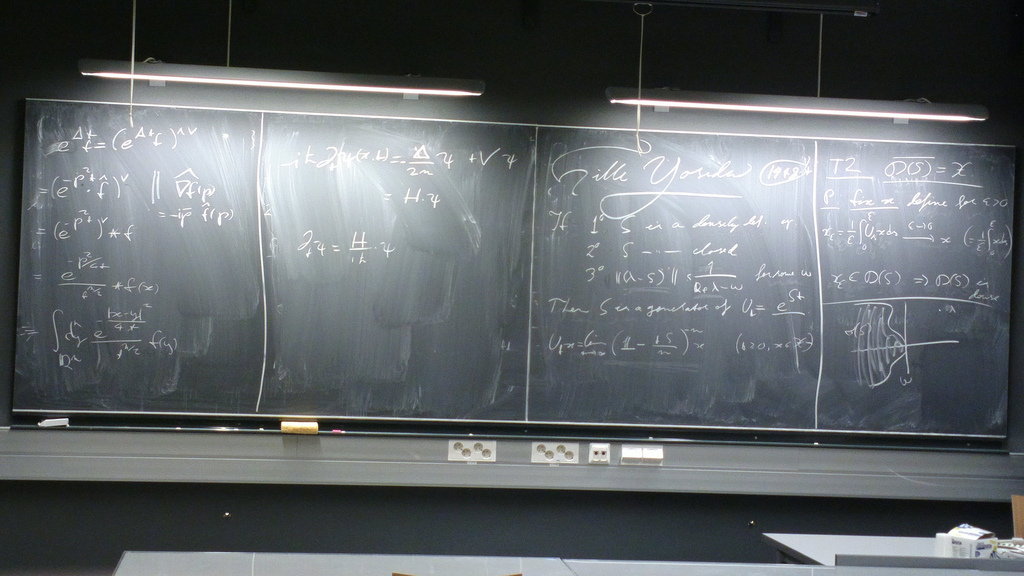
The study tracks results from Lumosity exercises taken by roughly 3.4 million people ages 15 to 85. Exercises fall into categories testing the brain’s speed, attention, flexibility, memory and problem solving.
The results were compiled into a number of different lists based on geography and age. Montana cities ranked on most of the lists.
####Overall
* Helena, 22nd
####Core-based Statistical Areas (aka Metropolitan and Micropolitan Statistical Areas)
* Bozeman, 66th
* Helena, 99th
* Great Falls, 149th
* Missoula, 169th
* Billings, 191st
* Kalispell, 312th
####Ages 35-55
* Helena, 34th
* Great Falls, 40th
* Missoula, 43rd
####Ages 55 and older
* Bozeman, 18th
Topping the overall list was Layfayette, Ind., and Ithaca-Cortland, N.Y., was first on the Combined Statistical Areas list. Ithaca, N.Y., also topped the list of Core-based Statistical Areas list, where most of the Montana cities ranked. Stanford, Calif., was best on the “City and State” list.
The number of lists has some news outlets reporting different top cities, depending on which list you’re looking at in the data. [The Huffington Post reports Stanford, Calif., as the smartest](http://www.huffingtonpost.com/2013/06/25/smartest-cities-in-america_n_3499187.html), for example. Meanwhile, [Venture Beat reports Itaca on top](http://venturebeat.com/2013/06/25/smartest-cities-in-america/).
It’s worth noting that these rankings are based on the people who played and scored on Lumosity brain-training exercises and not necessarily on more open, statistical polling methods.
Still, Lumosity claims to be the world’s largest and fastest growing database on human cognition, with data on more than 40 million people. It’s a massive amount of data that no one else has, and [some say it’s helping change the way research into cognition is performed](http://pandodaily.com/2013/06/24/how-lumositys-big-data-is-changing-scientific-inquiry/).